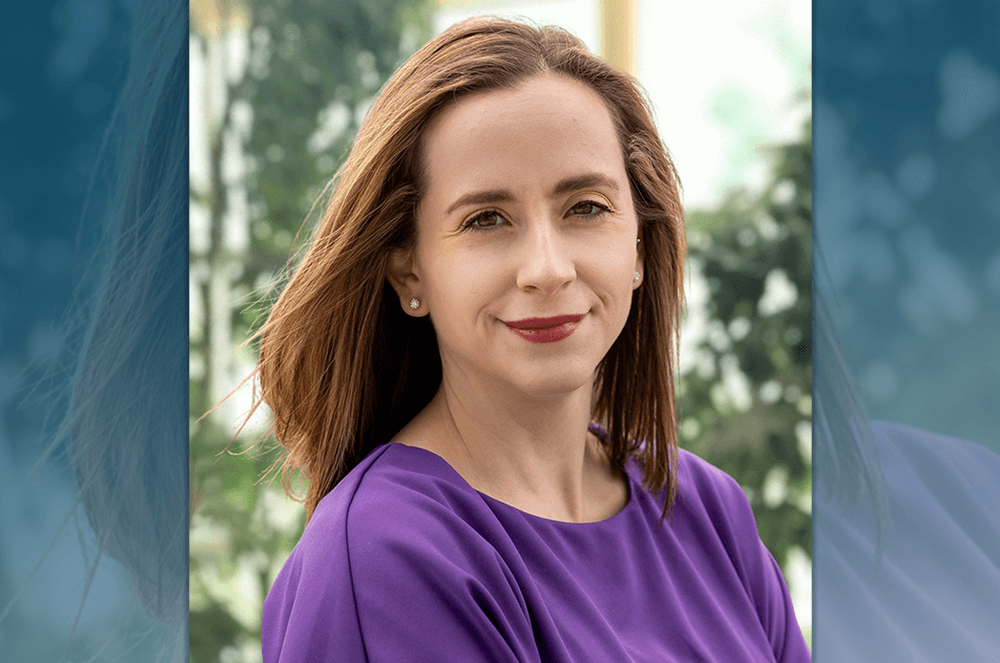Greg Van Borssum says he was never destined to do anything. “My kindergarten teacher pulled my parents aside and said I’d be the reason she’d quit the profession. In high school, I was voted by the principal as the most likely kid to be in prison or dead by 21.”
Van Borssum knew it wasn’t true. He wasn’t a bad child. In school, he was active, sharp, and bored—and determined to prove the nay-sayers wrong.
He became a multi-Academy-Award-winning movie director, karate master, national bodybuilding winner, and world pistol champion. He joined the Sea Eagles Toastmasters Club in Brookvale, New South Wales, Australia, in 2013 and became an Accredited Speaker in 2019, the first Australian to receive the designation.
Van Borssum’s success is due to what many experts call self-leadership.
Self-Leadership Defined
Cate Valentine is a leadership consultant based in Dubai, United Arab Emirates, and associate faculty with the Center for Creative Leadership, a global, nonprofit provider of leadership development. She defines self-leadership as “the willingness, combined with the ability, to evolve yourself, shape your life path, and take ownership of your choices and actions.”
Some people call self-leadership “managing oneself” or use the terms interchangeably. “Personally, I like ‘self-leadership,’” says Valentine, “because managing implies control and leadership is about empowerment.”
Christina DeLucia, director of leadership programs at the Association of American Medical Colleges, agrees. Similarly, she says, “Self-leadership is the process of leading oneself through personal reflection and self-discovery to achieve personal and professional goals. It is cultivating individual effectiveness through a process of self-reflection and continuous learning.”
Valentine highlights three key components of self-leadership: a sense of purpose or direction, self-awareness, and learning agility.

Develop a Sense of Purpose
To develop a sense of purpose, it’s essential to know yourself—your values, strengths and weaknesses, priorities, and interests. “Where our values and our talents come together is a good starting point for discovering a meaningful path forward,” says Valentine. Many people think this is easy or they know themselves well enough already, but it can take time to gain life experiences and reflect on them to truly understand ourselves and for a sense of purpose to emerge.
You also need self-knowledge and time for a successful career. Valentine recommends understanding what career advancement means for you and why you want it. Consider what a promotion or new job would mean for your life. Most people focus on what they would gain. It’s also important to acknowledge what would you lose.
“Self-leadership is the process of leading oneself through personal reflection and self-discovery to achieve personal and professional goals.”
—Christina DeLuciaIdentify what aspects of your work give you energy and what depletes it. Ask for the chance to do more of what you enjoy and are good at. Find people who have similar interests. Join a community of practice or start one yourself to connect, learn, share resources, find opportunities, and collaborate with others.
If you’re playing by the rules, but systems, processes, or people undermine your happiness and success, Valentine says it’s important to remember you’re not stuck there. You can be brave by walking away gracefully and trying something new.
If you want to make a change, don’t be afraid to try. “You have to have the courage to change direction or start again,” says Van Borssum. “People don’t do that. They go down a wrong path and say, ‘It didn’t work. I screwed up. I’ll give up.’ Don’t do that.”
Instead, reframe your thoughts: Now you know what doesn’t work. Try a different route.
In this episode of The Toastmasters Podcast, the hosts speak with Dr. Valerie Young, co-founder of the Impostor Syndrome Institute. Young shares advice on overcoming impostor syndrome and how to keep going even when you don’t feel confident.

Strengthen Your Self-Awareness
Self-awareness can be strengthened through feedback from others and self-reflection. You can obtain feedback through formal work structures, such as regular performance reviews with your supervisor or 360-degree surveys that integrate input from all levels of people who work with you. You can also complete a self-assessment, such as the Myers-Briggs Type Indicator or DiSC, to gain insights about yourself.
While your work environment can be an important source of feedback, it’s not the only place. You can also obtain input through other formal or informal channels. DeLucia suggests considering mentoring and coaching relationships.
“Mentorship presents an opportunity to grow, learn and practice new skills, and build a professional network,” says DeLucia. Finding the right mentor is essential. That starts with understanding what you’re seeking in a mentor and the mentoring experience. Mentors can help in a range of areas, such as increasing your skills and capabilities in a specified area, navigating the workplace environment, directing you to the right resources in and beyond the organization, expanding your knowledge of a field, and providing personal and professional advice.
“Where our values and our talents come together is a good starting point for
discovering a meaningful path forward.”
Toastmasters is another place where you can obtain feedback on your skills and cultivate mentor relationships. Talk with your Vice President Education about the possibilities, even if your club doesn’t have a formal mentoring program.
Coaching can help you maximize your professional and personal potential. DeLucia notes that while mentoring can be a bit more directive, an effective coach will focus more on active listening and asking questions that enable you to develop an action plan. “Coaching allows people to uncover solutions themselves and unlocks long-term potential for success,” she says.
For Van Borssum, there’s a clear path to strengthening your self-awareness. He recommends going toward your greatest fear to find your greatest asset.
“Everything I’m known for now as an adult was my greatest fear as a kid,” he says. “I was picked on. I was bullied. I was beaten up because I was skinny and couldn’t fight. I had no courage to speak. Turn toward your fears. That’s what made a difference in my life.”
Cultivate a Learning Agility
Learning agility involves actively seeking out new experiences to learn from them. But it’s not enough just to try something new; you must engage in self-reflection to gain a true understanding of what the experience means for you. Try discussing with trusted others or journaling about what you experienced and its impact on you. “Time must be made for reflection, sensemaking, and integration,” says Valentine.
She also recommends staying curious, which requires letting go of judgment and preconceived ideas. This helps to imagine alternative ways of being and doing. A curious mindset helps you see options you might otherwise have missed.
“At the end of the day, it’s what you make of yourself along the way and the people you meet and the process and all the great experiences you have,” says Van Borssum. “Awards and accreditations mean nothing unless you keep improving. You have to keep learning.”
Leading Yourself Through Your Career Journey
Early in his career, Van Borssum worked in construction, but wanted to be in the motion picture industry. He would get home from the building site in the afternoon, work out, and eat dinner. From 7 p.m. until 2 a.m., he wrote screenplays and learned how to make films. Then he would go to sleep and get up at 5:30 a.m. for work. He did that every day for years. After he started making enough money from movies, he transitioned to the film industry full time.
Years later, Van Borssum was working on a movie that was shut down. His movie career stopped, and he returned to construction. “I went through a massive depression for over a year,” he says. “I thought, What can I do to get out of this mess?”
He started listening to inspirational speakers. He joined Toastmasters.
“Things started to turn around for me, but it was really hard to do,” says Van Borssum. “It took time.”
Self-leadership guided Van Borssum to movies and now professional speaking. Think about what you want in the next phase of your career and how to strengthen your sense of purpose, self-awareness, and learning agility to obtain your goal.
“Reflect upon what you can do now that will enable you to move closer toward your goals,” says DeLucia. “This process takes time, so have patience, do your research, reflect, and do not be afraid to request feedback from others.”
Remember, you are in charge of your career journey and can make your own path. Use self-leadership to get you where you want to go.
“Self-leadership comes from deep down,” says Van Borssum. “You have to dig. If you can truly look inside that hard place and get inside the guts of your body and find out what makes you tick, you’ll find it there.”
Jennifer L. Blanck, DTM , has more than 25 years of career development and advising experience. She is a member of 5-Star Toastmasters Club in Arlington, Virginia, and AAMC Toastmasters in Washington, D.C., as well as a regular contributor to the Toastmaster magazine. Learn more at jenniferlblanck.com.
Related Articles

Personal Growth
Rebuild Your Self-Confidence and Self-Esteem

Your Turn



 Previous
Previous

 Tips to Maximize the Effectiveness of Your Workplace Performance Review Process
Tips to Maximize the Effectiveness of Your Workplace Performance Review Process
 Previous Article
Previous Article
